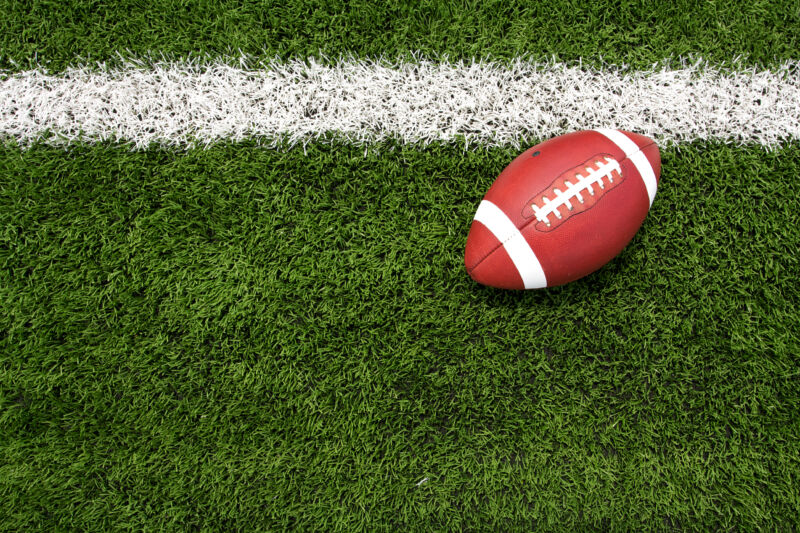Fake grass, real injuries? Dissecting the NFL’s artificial turf debate

Enlarge (credit: iStock/Getty Images)
Super Bowl LVIII will be played on a natural grass field in an indoor stadium in Las Vegas on February 11, 2024. How do you keep a grass field vibrant in such a hostile growing environment like the Nevada desert?
The answer: You don't. By the end of the regular NFL season, paint was used to camouflage the reality that only a few scant patches of grass remained in Allegiant Stadium, home to the Las Vegas Raiders. Immediately after the Raiders' last game on January 7, 2024, the field crew ripped up the remaining grass, installed California-grown sod over three days, and began the tedious process of keeping the grass alive long enough for the big game.
Herculean efforts to prepare a vibrant natural grass field for 2024's Super Bowl LVIII are especially questionable when one realizes that Allegiant Stadium also has an artificial turf playing surface available (used by UNLV Football). Why don't teams in hostile environments switch to more robust artificial turf, which is designed to overcome the many limitations of natural grass fields?